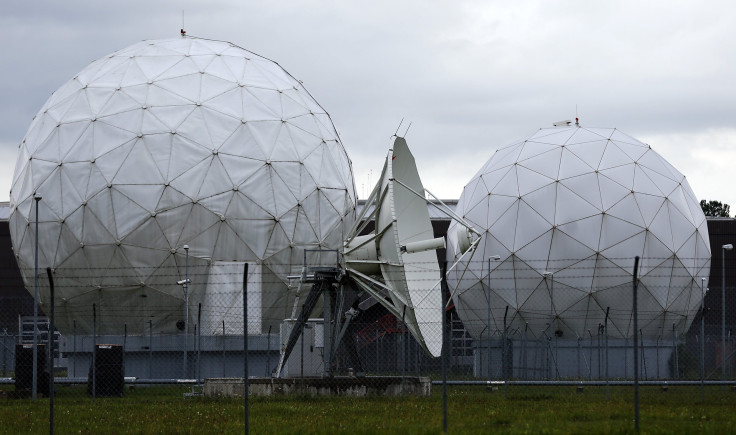U.S. Court Rules NSA Mass Surveillance As Lawful; ACLU To Appeal Judgment
Public Flood Twitter With “Traitor” Pauley Tweets

A Federal judge on Friday ruled that the U.S. National Security Agency’s mass surveillance program that collected data of millions of Americans’ Internet and telephone records were legal, and said the measure was an inevitable component of government’s efforts to combat terrorism.
U.S. District Judge William Pauley’s judgment comes just days after another federal judge ruled that PRISM, the NSA’s mass surveillance program, could be unconstitutional.
In the 54-page opinion, issued in New York, Pauley said that the agency’s mass surveillance program "represents the government's counterpunch" to terror threats and such measures will help in "connecting fragmented and fleeting communications to reconstruct and eliminate al-Qaeda's terror network."
“This blunt tool only works because it collects everything," Pauley, a former President Bill Clinton appointee, wrote. “Technology allowed al-Qaeda to operate decentralized and plot international terrorist attacks remotely. The bulk telephony metadata collection program represents the government's counterpunch," he added, according to a Reuters report.
He dismissed a petition filed by the American Civil Liberties Union challenging the constitutionality of NSA’s indiscriminate data-collection program, which was revealed in June following the disclosures made by former defense contractor Edward Snowden.
"There is no evidence that the government has used any of the bulk telephony metadata it collected for any purpose other than investigating and disrupting terrorist attacks," Pauley wrote, adding that “there have been unintentional violations of guidelines, those appear to stem from human error and the incredibly complex computer programs that support this vital tool.”
Pauley’s judgment contrasts with U.S. District Court Judge Richard Leon’s Dec. 16, ruling that PRISM likely violates the Fourth Amendment’s ban on unreasonable search and seizure. Leon, appointed by former President George W. Bush, had granted a preliminary injunction against the collecting of phone records.
The judge had described the NSA’s widespread collection of telephone calls made in or to the U.S. as an “arbitrary invasion” of the lives of its own private citizens.
Two differing judgments from the district courts could take the issue first to an appealing court and eventually before the U.S. Supreme Court.
The ACLU said it plans to appeal the decision.
"We are extremely disappointed with this decision, which misinterprets the relevant statutes, understates the privacy implications of the government's surveillance, and misapplies a narrow and outdated precedent to read away core constitutional protections," Jameel Jaffer, ACLU deputy legal director said.
"As another federal judge and the president's own review group concluded last week, the National Security Agency's bulk collection of telephony data constitutes a serious invasion of Americans' privacy."
Public Flood Twitter With “Traitor” Pauley Tweets
The Friday’s judgment also angered sections of public who took it to the social networking sites calling the judge a “traitor.” Critics of NSA’s mass spying policy vented their anger by flooding twitter, Facebook and other networking sites with angry tweets and posts.
“U.S. District Judge William Pauley has abandoned his oath of office to uphold the Constitution and is a traitor to the American people,” a user with the twitter handle @cypherdivine tweeted.
“Judge Wm. Pauley "Another Appointed Hack/Traitor" rules in NSA Favor. What else would you expect?!” another tweet by Robert K Martin read.
“Since 9/11 apparently means we don’t have any freedoms any more, can we at least formally repeal the Bill of Rights? A tweet by Chris Adamson @invalidname read.
© Copyright IBTimes 2024. All rights reserved.





















